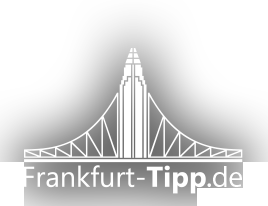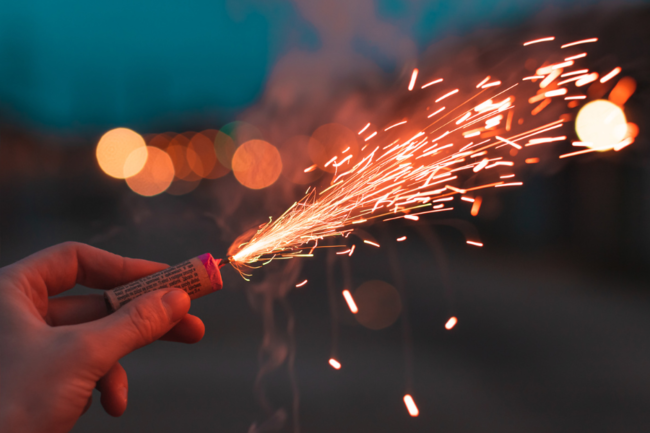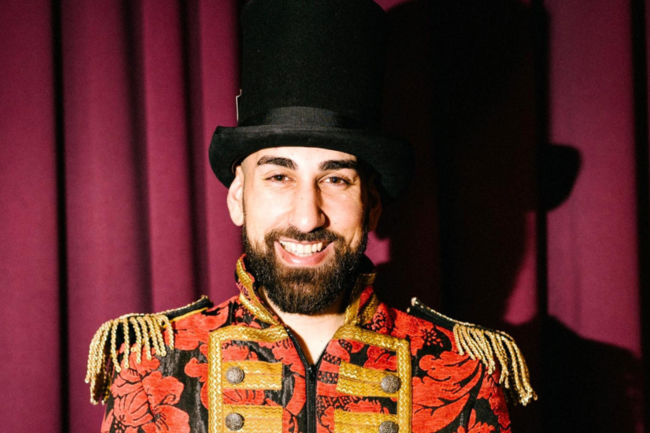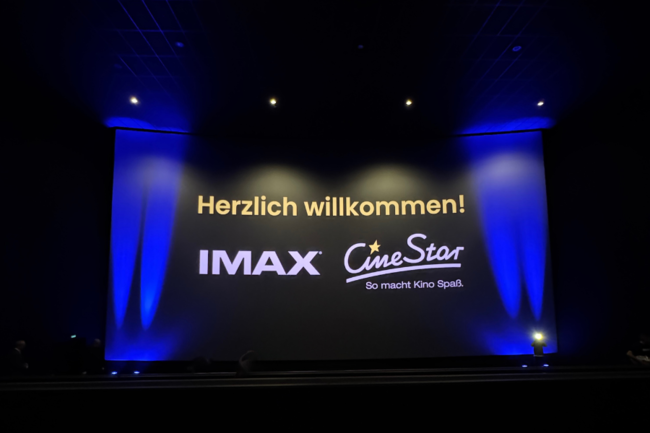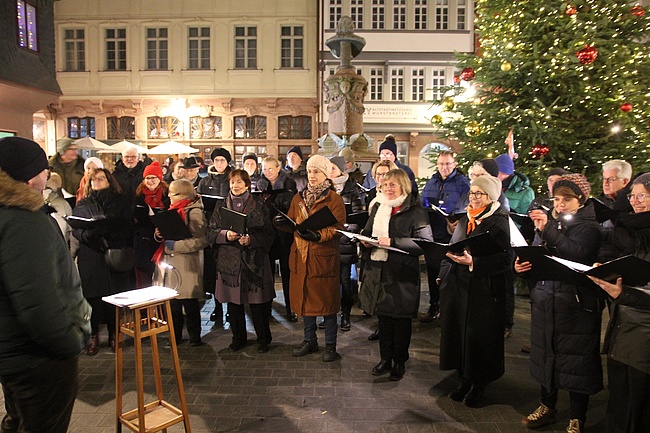After half a decade of remodeling and new construction, the time has finally come: Germany's first communal Jewish Museum will open its doors to the public in an expanded form on October 21, 2020. The new museum complex is twice as large as the previous museum. It consists of the carefully restored neoclassical Rothschild Palais and a bright new building designed by the renowned Berlin firm Staab Architekten. The Palais houses the new permanent exhibition "Wir sind Jetzt: Jewish Frankfurt from the Enlightenment to the Present," about Jewish life in the modern era. This permanent exhibition ties directly into the exhibition narrative at the award-winning Museum Judengasse, which has attracted and delighted many visitors since 2016.
The newly constructed building, called Lichtbau, offers space for temporary exhibitions and events, as well as a public library, the first milky kosher Café in a Jewish Museum in Germany, FLOWDELI, and a museum shop run by the Literaturhandlung. The atrium between the two buildings forms the address of the new museum, Bertha-Pappenheim-Platz 1, and presents the impressive sculpture "Untitled" by Ariel Schlesinger.
At the new opening, Lord Mayor Peter Feldmann said: "Frankfurt is certainly the most Jewish city in Germany - and with the reopening of the Jewish Museum, it is not merely getting new and larger exhibition spaces that provide an appropriate setting for the centuries-long Jewish past of our home city. Above all, the Jewish Museum is dedicated to contemporary Jewish life in Frankfurt, and that is unique in Germany."
A center for Jewish culture in the past and in the present
.In order to reaffirm its reputation and its very special cultural position, not only in Frankfurt, the Jewish Museum Frankfurt has also renewed itself programmatically over the past five years, giving itself the mission statement of a 'museum without walls'. In keeping with this mission statement, the museum aims to address a diverse, international audience with an extensive program of events (discussions, lectures, concerts, film screenings), a variety of educational offerings (guided tours, workshops, creative courses), some of which also take place outside the museum, and a concise digital strategy. The new museum complex plays a central role in this. It is conceived as a center for Jewish culture in history and the present, which is particularly concerned with the question of how living together in a diverse society can succeed. The first temporary exhibition, "The Feminine Side of God", addresses this question from a cultural and gender-historical perspective. It presents archaeological finds, medieval manuscripts, Jewish ceremonial objects, Christian icon representations and works of visual art.
"With the Jewish Museum Frankfurt, the City of Frankfurt created a place of remembrance and knowledge as early as 1988, which has rendered outstanding services to the preservation and communication of Jewish history and culture in Frankfurt. The festive reopening after expansion and renovation is another important milestone in the development of this museum. We want Jewish life to be visible in this country - in a society that lives together peacefully and with mutual respect. Anti-Semitism and racism, hatred and incitement must have no place in our society. With Mayor Uwe Becker, our state has a representative for Jewish life and the fight against anti-Semitism," said Hessian Prime Minister Volker Bouffier.
At the opening, Head of the Department of Culture Dr. Ina Hartwig once again emphasized the special position of the museum: "With the new museum complex and the Museum Judengasse, which reopened in 2016, a unique centre for Jewish culture in history and the present has been created, which makes it possible to experience the diversity of Jewish life historically and for the present in a visual, emotional and cognitive way. The Jewish Museum is as inviting as few buildings in our city, with public space flowing into the exhibition area. This openness is a fundamentally important signal in the fight against anti-Semitism and right-wing extremism. The Jewish Museum is one of the most important public spaces in our city, where its diversity is expressed and its pluralism defended."
The new permanent exhibition "We Are Now: Jewish Frankfurt from the Enlightenment to the Present"
A central component of the museum is the new permanent exhibition "We are Now," which is presented on three floors of the Rothschild Palais. It offers visitors different approaches to Jewish history and culture in Frankfurt, one of the most important centres of Jewish life in Europe. Starting from the present, the exhibition tour outlines important historical events and conflicts since the Enlightenment, reflects on the change of traditions and rituals in modern times, and conveys history in stories and from a Jewish perspective. Special emphasis is placed on the presentation of works by renowned visual artists such as Moritz Daniel Oppenheim and Ludwig Meidner, Jewish scholars such as the founder of Neo-Orthodoxy Samson Raphael Hirsch, and intellectuals such as Martin Buber, Max Horkheimer, and Theodor W. Adorno.
Jews continued to shape Frankfurt's cultural, economic, scientific, and social development after the Holocaust. Their patronage, their founding of research institutes, industries, private banks, educational, medical, and nursing institutions, their participation in social movements, and their innovations in the fields of art and urban planning gave the city of publishing, science, commerce, and finance a Europe-wide significance. In order to provide a personal view of this extraordinary history, the exhibition focuses in particular on the history of some Jewish families, such as the family of Anne Frank, whose private collection of everyday objects and documents is presented here exclusively. The famous Rothschild family also plays a central role in the new museum.
The new Jewish Museum will be open from Wednesday, October 21. The first special exhibition will be on display from October 23 until February 14, 2021. The re-opening ceremony on 20 October 2020 will be streamed live from the Alte Oper from 5pm and is available on the Jewish Museum's YouTube channel.
For all further info, please visit: https://www.juedischesmuseum.de/






